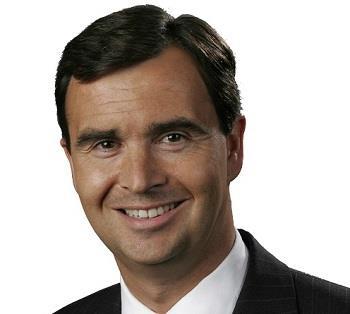The UK tax system is distorting the residential market and harming development, making the housing shortage worse, says Christian Ulbrich, global CEO of JLL.

Ulbrich said that the changes to stamp duty introduced by former chancellor of the Exchequer George Osborne, which have seen the levy increase from 5% to 10% of a property’s value above £925,000, were 'politically motivated', and have made building houses ‘prohibitively expensive’.
What the UK needs is 'more building', he said, which is good for people who need a home and good for the economy as a whole.
'For long-term development, stamp duty is definitely harmful, because the stamp duty in itself doesn’t create any value,' said Ulbrich. 'It's an additional cost that makes development more unattractive and it has to be considered in the pricing.'
The UK has the highest property taxes among developed countries, according to the Organisation for Economic Cooperation and Development (OECD) figures, he said.
Osborne reformed the system in 2014, changing it from a single rate paid on the entire property price to a progressive system. No stamp duty is due on a home bought for less than £125,000, then a tax of 2% is due on properties costing between £125,000 and £250,000 and 5% on houses above £250,000. For properties worth more than £925,000 the stamp duty jumps from 5% to 10 per cent.
Ulbrich also said that all property companies like JLL will be badly hit this year by a combination of higher business rates and a slowing commercial property market.
'We were very much hit by the overall loss in sentiment in the property market in London,' he said. ‘Then we got the increase in business rates, so it's a real double whammy.'










